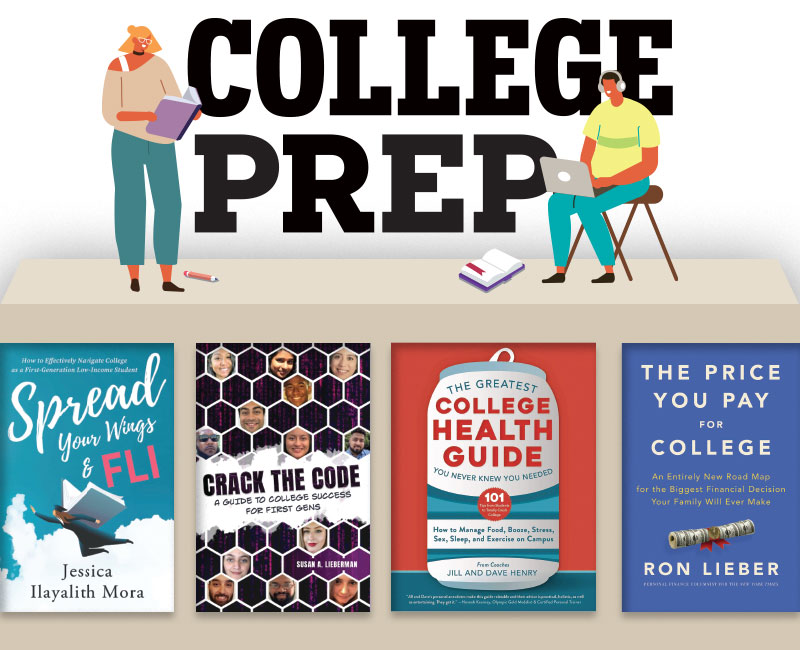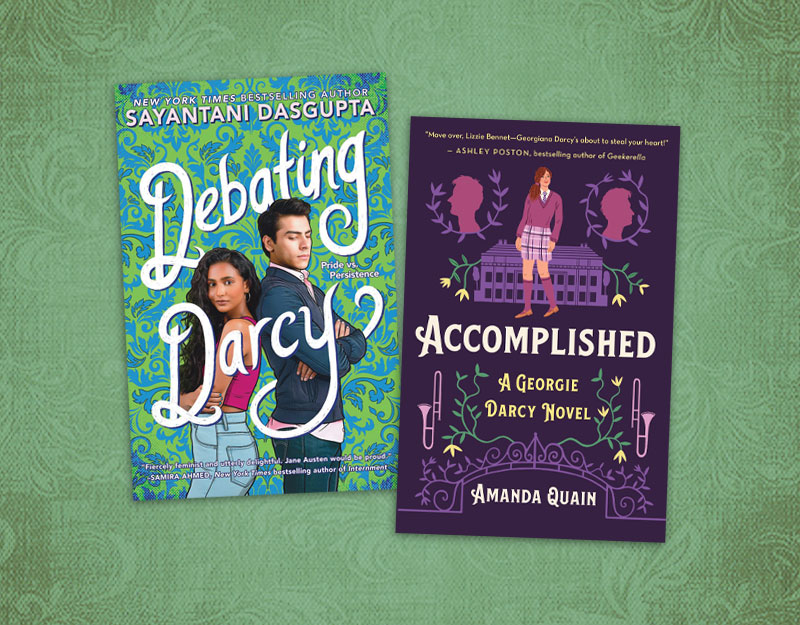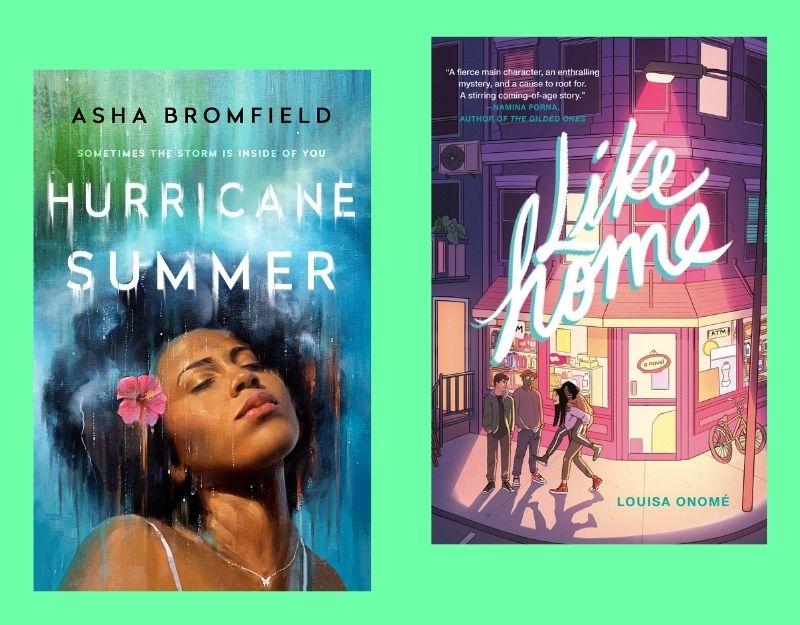Badges? Do we need your stinking badges? Karen and Christie discuss the YALSA initiative to enter into the realm of digital badges
 |
| YALSA Discussion |
Last week, School Library Journal reported that YALSA was soft launching a project to offer badges to Young Adult Librarians. If you don’t know about badges, they are a tech trend where you receive a digital display – a badge – that alerts users to the facts that you have demonstrated a skill or knowledge set. You can learn more about badges here. What YALSA is proposing is below, excerpted from SLJ:
“To earn a badge in a particular competency area, a participant—regardless of career level or library specialty—must prove his or her knowledge by creating and then posting an original “artifact” to the site, which could be anything from a Twitter professional learning network to a plan for a new program to a video, Braun says. YALSA expects that, to create most of these artifacts, a potential badge-earner will have to work directly with teens and one’s own local community.
The site will offer YALSA members an unprecedented window into what their colleagues are doing, as they will be able to review the posted artifacts, provide feedback, and assess whether a potential badge-earner has appropriately demonstrated skill in a particular competency area. Potential badge-earners will be able to edit and update their artifacts based on the feedback they receive.”
From http://www.slj.com/2013/11/organizations/ala/yalsa/yalsa-badges-aim-to-quantify-youth-librarians-competencies/
What you can do with badges (according to YALSA):
What Does it Mean to Me?
Since badges are virtual, when you earn them you can add them to a variety of web-based spaces. You can:
By displaying these badges in these virtual spaces you will be able to easily and visually inform colleagues, employers, potential employers, and others about your teen services skills and knowledge. You can also point colleagues in and outside of teen services to the badges so that they too can learn how to best work with teens.
In the long run, the badges will help guarantee that all library staff have the skills and knowledge necessary to provide high-quality services to adolescents.
Christie’s Thoughts:
ADVERTISEMENT
ADVERTISEMENT
I believe in the YALSA competencies- don’t get me wrong. However, I don’t understand how badges are going to help showcase things in a way that are going to be equitable and usable in the library world.
Who is judging these original “artifacts”? I have years of experience, and I share my “artifacts” through this blog, listservs, and other avenues, and I really don’t need someone judging whether or not my programs or ideas have “merit” enough to earn a badge. Is it going to be a rotating committee? Who’s going to judge who’s qualified to be the judges on this committee? I already went through that to get my master’s degree, and they were doctorate holders. I get judged yearly on my performance reviews on the programs that I do, and the content that I create. And what about the legalities of submitting content created for work (such as those that school librarians do) that are considered work product and thus product of the company that hires them?
What happens when someone judges a project insufficient for a badge- or what happens when someone takes an idea someone already has (pop up makerspaces, for example) and twists it and then submits it? It’s not an original idea because someone already thought of it, but it’s a unique twist because it has their library’s stamp on it.
What about those librarians and library staff (of which there are many) who cannot AFFORD the dues for YALSA? Or for ALA in general? The trend is still going to hiring PART TIME staff for YA positions (if there is a stand alone YA position at all- in my area it is combined into a youth services position) and with salaries stagnant while inflation rises, people are having to make choices between health insurance, car payments, credit cards, student loans, OR association dues. Are these badges available for non-YALSA members? I wouldn’t think so if your badge page is on the YALSA Website.
How many of these badges are there going to be? Is it going to be like collecting ribbons at conferences- see how many you can until you trail them to the ground?
Wouldn’t my job experiences on my resume count more than virtual badges? I don’t know how many employers would put stock in I earned “developed appropriate relationships with teens” badge on my resume, but I know tons that would appreciate the programs that I build with my teens.
Do you earn badges through YALSA courses and webinars? If I have the extra money to attend preconferences, do I get badges as well? Is this going to be another perk for those who have the money?
Karen’s Thoughts:
I am actually a firm believer in the YALSA Competencies. I think they make a great rubric for employers to assess YA librarians yearly performance, and for YA librarians to do self-assessment. And I can see where there can be benefits for newer librarians in particular, it’s a quick, easy, and visual selling point. But as Christie mentioned, there are some definite concerns.
1. What do badges tell you about WHO I am a a librarian and what I am capable of?
Many of us in this profession are seasoned professionals who have spent years building a solid resume, attending a variety of professional development events, and putting together a strong cabinet full of programs, ideas and experiences. I have done well over 100 programs, delivered over 1,000 booktalks, put together staff training days, presented at state and national conferences . . . I feel like my resume gives a richly developed portrait of who I am as a librarian, a community mover and shaker, a passionate advocate for both libraries and teens. Will badges give a good representation of who we are as librarians? I would love to see this be more fully discussed.
2. Who awards the badges?
I would really like to see more information about the process of being judged by YALSA members who determine whether or not a person’s project is deemed worthy of earning a badge. What qualifies them to judge in a particular category? How will YALSA account for things like personal bias, popularity and existing relationships, etc? I think that this area in particular has the potential for a more fuller discussion because it has the potential for the most problems. Also, see concern 5 for another part of this issue.
3. Who do we serve?
Librarianship is an interesting profession. We have state level and national level organizations. Our local libraries are part of a network of libraries that are working towards common goals – information access – but each local community is unique. And at the end of the day, our emphasis must be on meeting the immediate needs of our local communities. Yes, we think big picture, but what works at one library does not work at another and if we make our focus turn more towards national recognition and broad standards, we can forget those in our immediate community that we are tasked with serving. Some communities are more focused on tech right now and building innovative 3D printing Makerspace labs while other libraries are more focused on job support, basic literacy, and providing the most basic of access (often on much smaller budgets than that library with a 3D printing lab has). Which brings me to point 4.
4. Not all libraries are created equal, are they?
A corollary to number 3 is a simple fact: not all libraries have the same resources, budgets, etc. So while librarian A may be trying to meet different needs than librarian B, librarian C may be trying to accomplish the same goals as librarian A BUT with a much smaller physical space, number of staff, and/or overall budget. This is one of the reasons why my Makerspace is a rolling cart full of LEGO and Duct Tape while another library’s consists of remodeling an actual section of the library to create a 3D printing lab. Both are completely legitimate ways to meet the same needs and accomplish the same goals, they just utilize different tools to get there. I want to make sure that people who are creating “artifacts” to receive badges are able to create artifacts that they can actually use in their local communities – I’m practical that way – and that those artifacts will not someone be judged less worthy because they are coming from a system with less money and resources. We already see shades of this when we look at who makes things like the Movers and Shakers list, when we discuss innovative libraries, etc. – we tend to reward systems with more resources and flashier projects and not acknowledge the amazing though seemingly simple things that smaller, less well funded libraries do with way less resources. What steps will the badging process take to make sure that we aren’t comparing apples to oranges but making sure all involved look at individual projects?
5. Is YALSA membership a requirement?
This is a huge issue that concerns me. As a librarian, I am very much about the FREE AND EQUAL access to information. I also understand that there are finances tied into that. I like to get paid, and I would love to get paid an actual livable wage. So yes, in order for us to have a national professional organization, there must be money tied into it. But, participation in ALA/YALSA can not be a requirement for something that may determine whether or not someone gets a job like badges. I will use myself as an example.
I have been a member of YALSA in the past, but I am not now and for one very simple reason: I can not afford the various membership fees. Two years ago we moved from Ohio to Texas for my husband’s job and in the local area of his job I have only been able to find a part-time librarian job. I love my job and I love my library, but I work 19 hours a week. I do freelance work on the side to help supplement my income. So, while I have a small but reliable steady paycheck, it’s not enough to pay for the gas to commute to work, buy professional clothes, pay for housing, and feed my children and pay dues to a variety of state and national professional organizations. So I have to make decisions about what to cut: cable TV and dues into national professional organizations are places where I can cut, food and housing not so much. Which has me concerned: If badges become the standard for professionalism and affect one’s ability to get a job, where does that leave librarians freshly out of library school with low funds, librarians from smaller, underfunded libraries, and people like me whose jobs have been affected by the economy? I am not clear at this point exactly how the badging process will work, but I think we need to be making sure that all librarians have free and equal access to something that we want to tie their performance into. If it is the standard we hold for our patrons, then we can certainly hold it for each other.
So, I am interesting in seeing how this plays out and how these questions will be answered.
See Also: YALSA, going back to school with badges
Filed under: Badges, Professional Development, YALSA
About Karen Jensen, MLS
Karen Jensen has been a Teen Services Librarian for almost 30 years. She created TLT in 2011 and is the co-editor of The Whole Library Handbook: Teen Services with Heather Booth (ALA Editions, 2014).
ADVERTISEMENT
ADVERTISEMENT
SLJ Blog Network
2024 Books from Pura Belpré Winners
In Memorium: The Great Étienne Delessert Passes Away
Winnie-The-Pooh | Review
Parsing Religion in Public Schools
ADVERTISEMENT








Thanks for thinking about these larger implications. It will be interesting to see how this all plays out. Kudos to YALSA for getting out there on this stuff. Kudos to your thoughtful questions.
All good questions.
More:
Is there a timeline on this? Can I prove my competency with things I've done over the ten years of my career, or am I SOL for staying home with my daughter the year badges are introduced?
What about librarians in positions where teen services is not their main job but they want to improve their skills?
What about librarians in larger (or small) systems that might not have the freedom to pursue their own projects especially where social media or technology are concerned?
Don't get me wrong, I think any way we can display our expertise is good but we need to think broadly about these things.